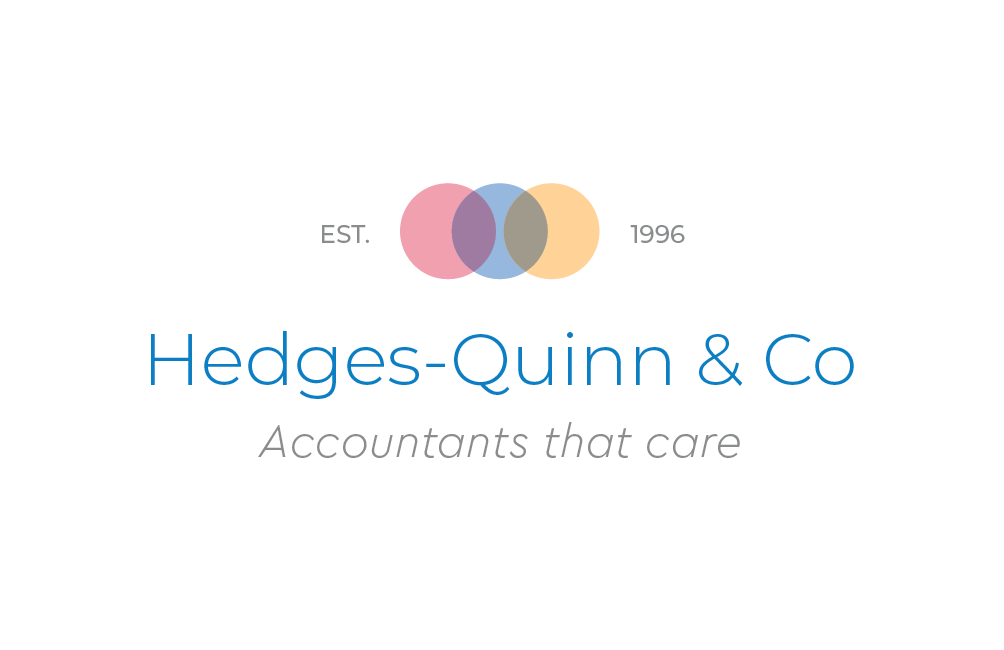
Business Bank Accounts For Start-Ups
If you’re choosing to read this article you must be in a very exciting period of your life: Looking to start a new business venture is hugely exhilarating and rewarding.
Chartered Certified Accountant
Hayley Hedges-Quinn
However, there are a couple of deliberations we always advise start-ups to first consider:
1
Talk through all your venture ideas first with an accountant; they will give you great advice about how to set-up properly to avoid financial business headaches further down the road
2
Think about your bank account for all your business transactions wisely!
What is the difference between a business bank account and your normal one?
- Current accountsThese straightforward accounts are easy for other people to place payments into and keep your money secure. They are the ones most of us use to manage our day to day affairs; our salaries usually get paid directly in and it is easy to set up direct debits to ensure household bills are consistently paid out. They’re easy to open, and now you do not always have to visit a bank branch to set them up; just creating an account online.
- Business accountsA business account is meant to be used purely for business transactions by sole traders, partnerships, companies, clubs, societies and charities. They offer different benefits specific to trading which help businesses, for example:
- You may be required to have a business account as your bank may forbid business transactions to occur in a current account
- Businesses look credible and professional if using an account in the company’s name
- If you’re looking to get a credit card or loan for your business, many banks will not offer you them until you have a business account; they want to know you’re a reliable business
- It’s far easier to organise your bookkeeping if you use one account for personal use and one for your work
- Should HMRC ask to look at your accounts, a separate business account is far easier to prove how your business finances operate
- Do you actually need a separate business account?Not always, no. However:
- If your business transactions are likely to become complicated, a business account helps keep your accounts organised
- If you wish to become a limited company, by law you are required to have a business account
- If you choose to set up as a limited company your personal finances and assets are not affected should your business account get into debt, also your personal credit score will not get affected by your business debt
- It makes it easier to accept online payments or credit card payments from customers
- Again, if you need a loan for your business, you’ll struggle to get one without a business bank account
- What features should you look for in a business bank account?All banks offer benefits and incentives for you to choose their accounts over competitors. You need to research which banks will offer you the most bang for your bucks. Many banks charge for taking out a business account with them. In a nutshell, look for a business account that’s easy to use online, is transparent with its fee structure and offers the best deals for your business. Consider:
- How do you want to use your account? Will you use it mainly online? Does the bank have a user-friendly app? Can you make and take payments quickly and easily?
- What is the bank’s customer support like? Does it offer support 24-7?
- Can you scan cheques, so you don’t have to waste time visiting a branch?
- How much will you get charged by the account fees? Will you get charged for overseas transactions? Using an ATM — how much are the monthly charges?
- Does it have an overdraft facility, and if so, how much will you be charged?
- Does the bank limit how many transactions or withdrawals you can make?
- Will the bank pay you with an incentive to join or waiver the first year’s fees?
- Will you get deposit protection if the bank itself goes belly-up?
- Can the business account work with accounting software? Streamlining accounts and financial workflows makes life a lot simpler
- Ensure the bank meets FCA approval, if they don’t, avoid them
Top 3 digital business bank accounts
If you’re looking to quickly set up an account without leaving your home, have no need to bank cheques and are happy to manage your accounts in an app, then these new digital banks are ideal for you. They’re often cheaper than the traditional ‘high street’ banks. At time of writing the three accounts shown below are the ones currently most favoured!
However, the best option is to do your own research. Use sites such as moneysavingexpert.com and moneysupermarket.com to get you started, and then scrutinise each bank to discover which will be the best option for you and your business.
Hedges-Quinn & Co
If you are starting up in business and would like expert advice to help you correctly navigate your finances from the very beginning of your new venture, please call Hayley at Hedges-Quinn & Co on 01473 657853 or email info@hedgesquinn.co.uk.
Hayley will be more than happy to chat through the financial areas you need to consider when first setting up your business.
Call Hayley today on 01473 657853
Call Hayley today on 01473 657853
Follow Hayley on Linkedin and join the mailing list
